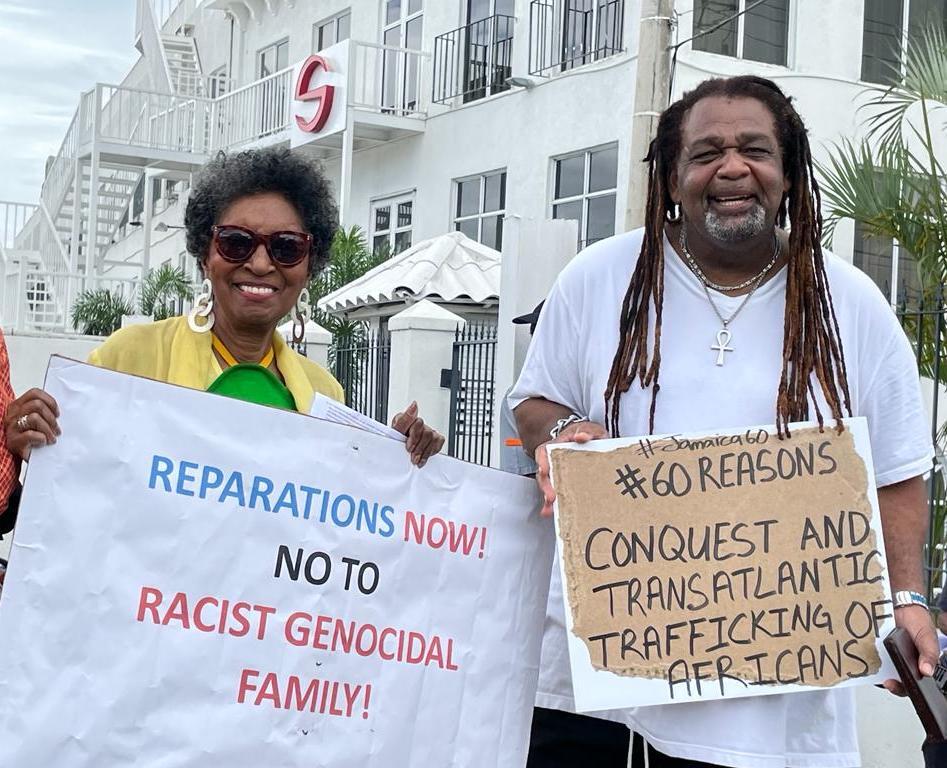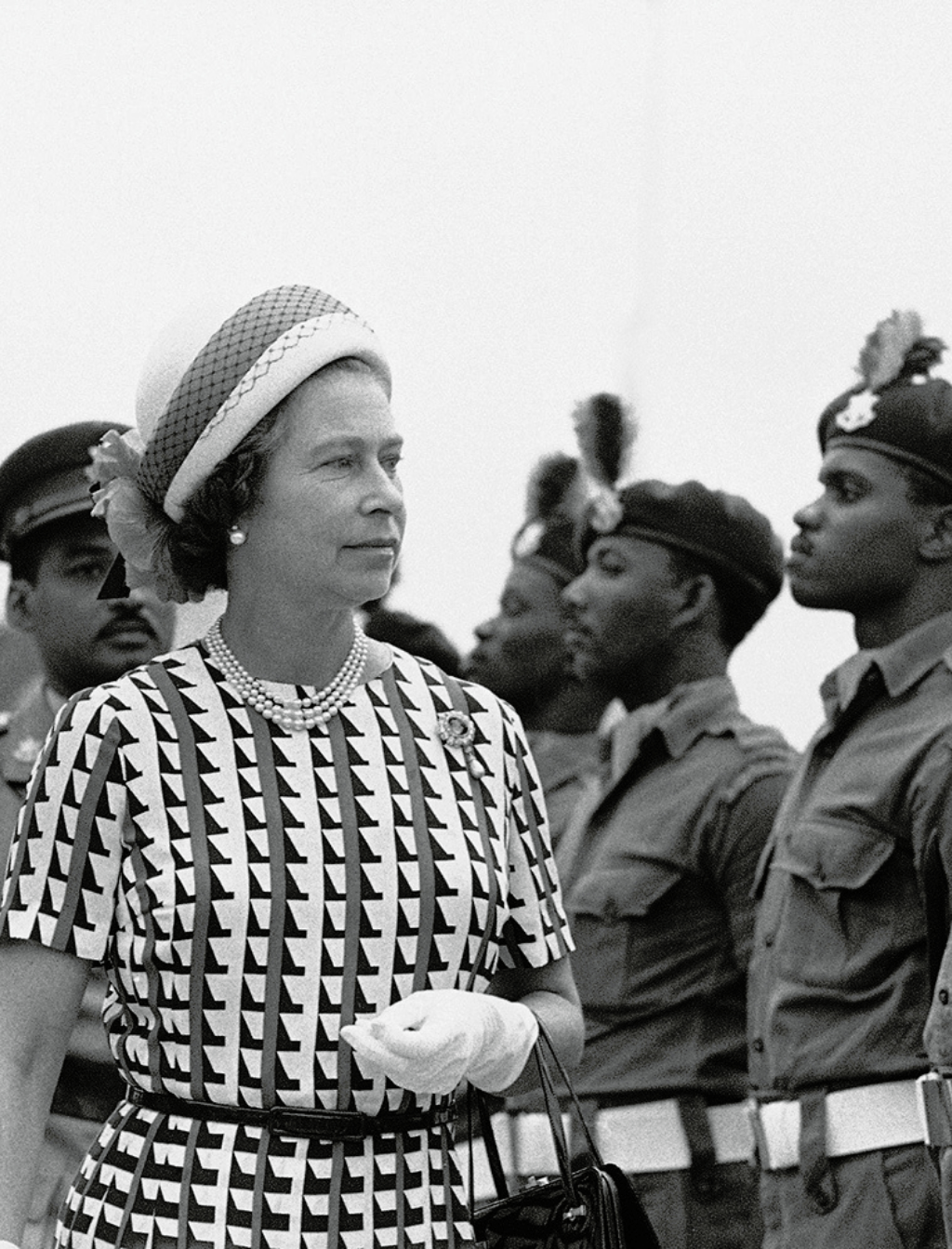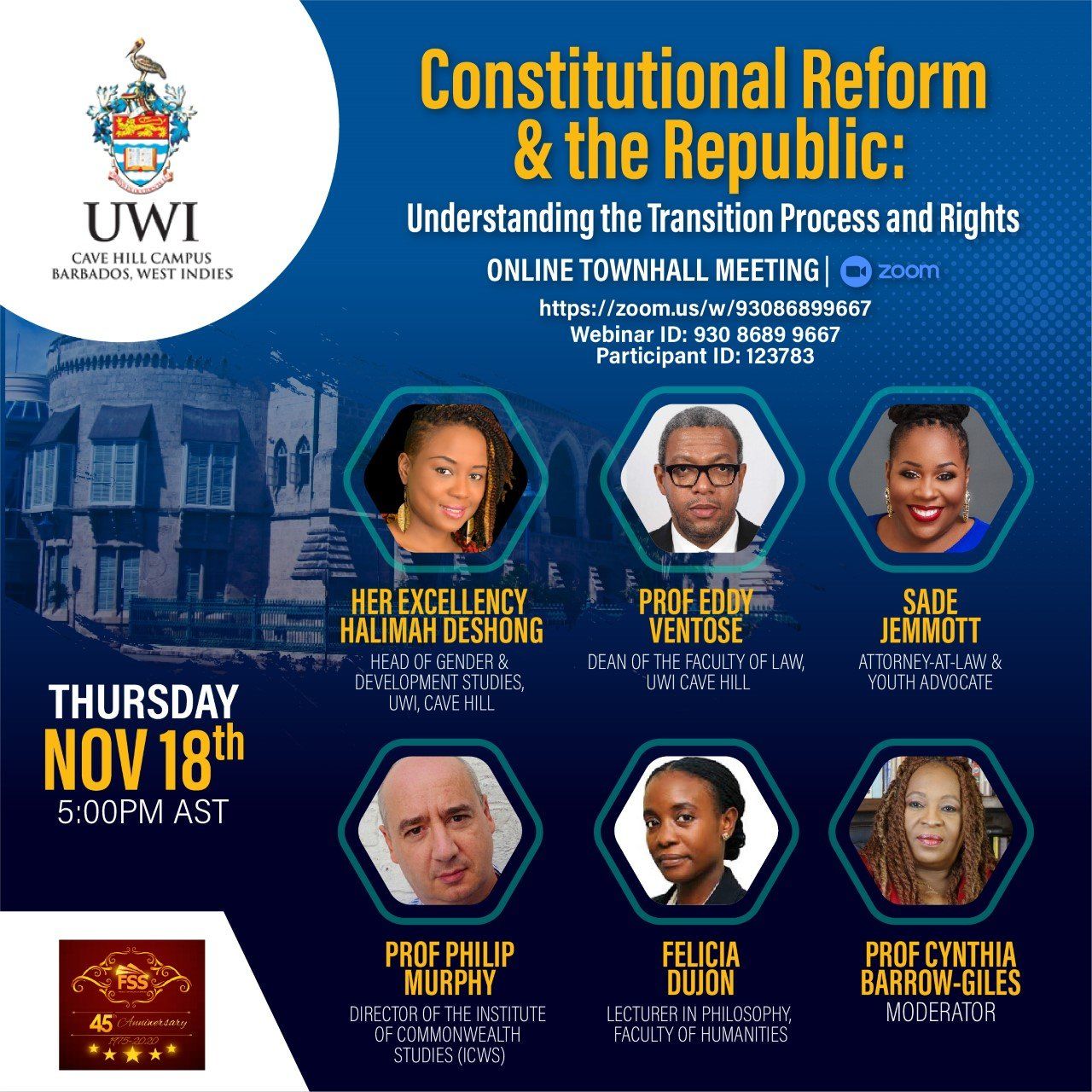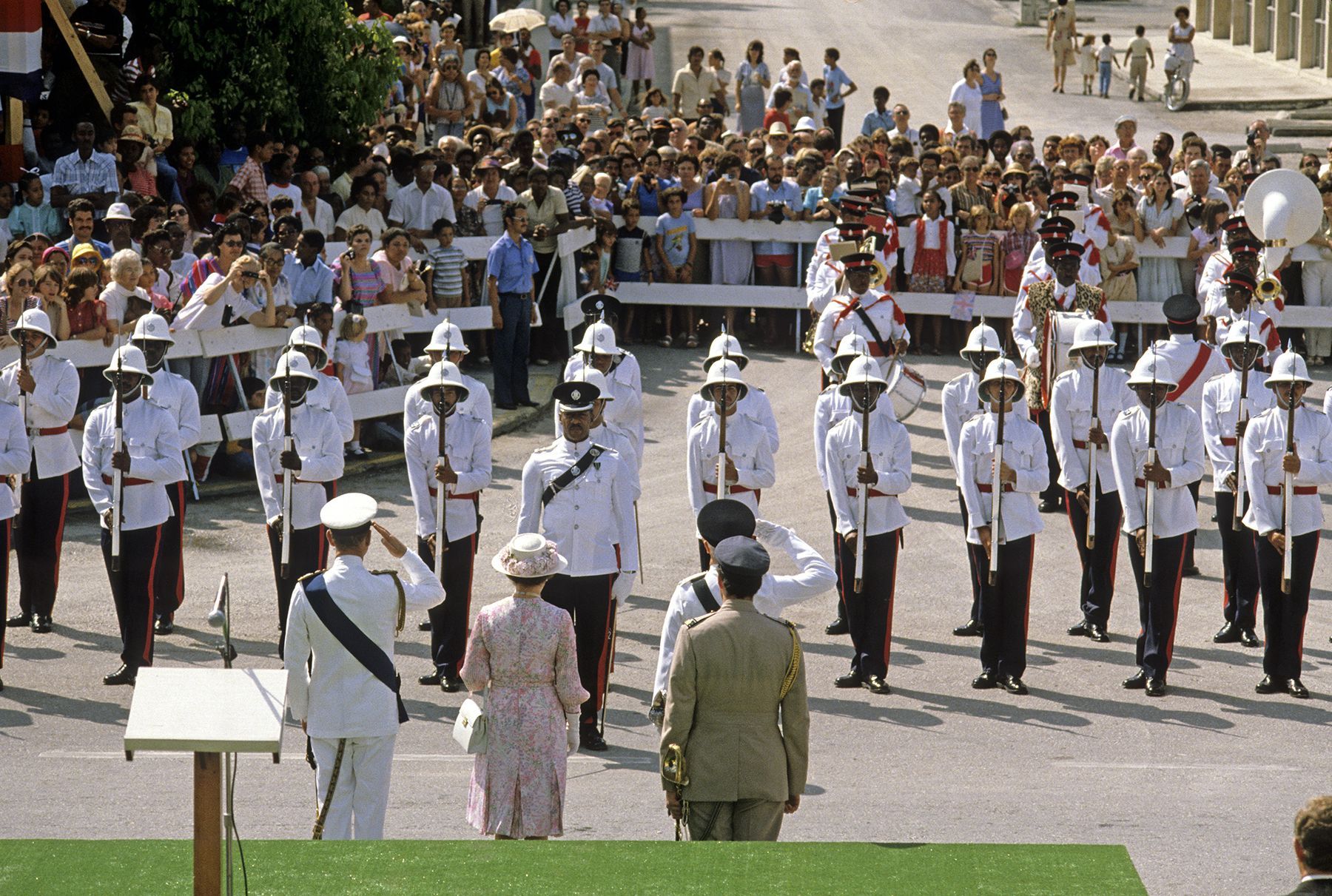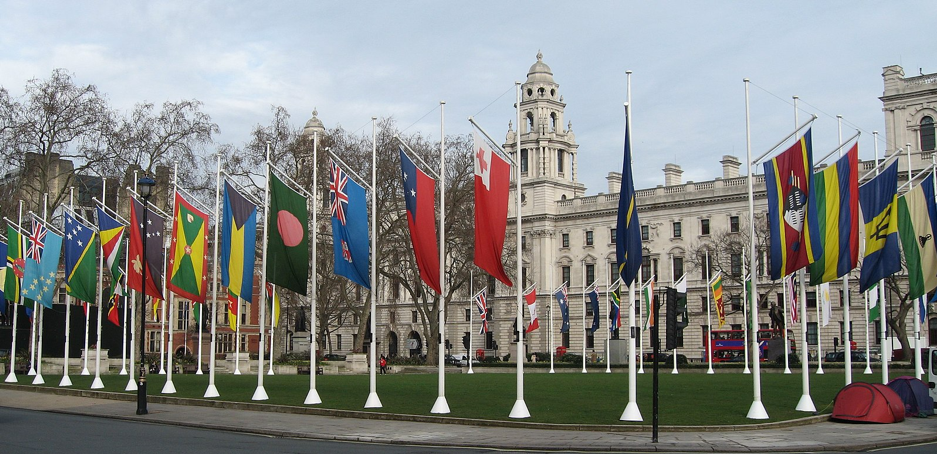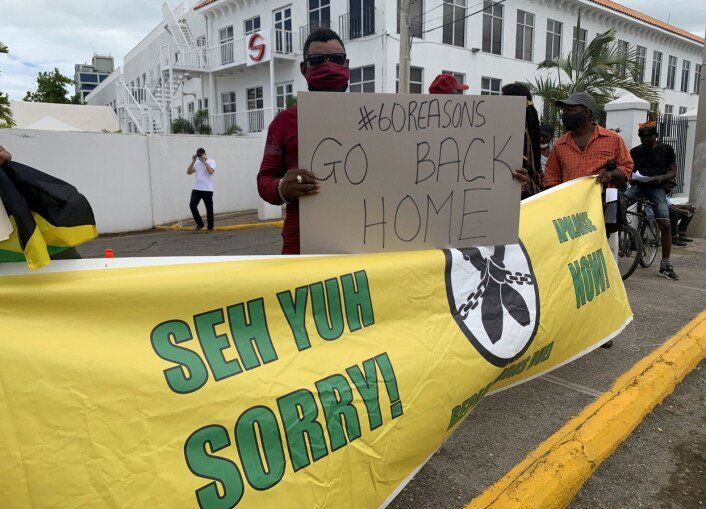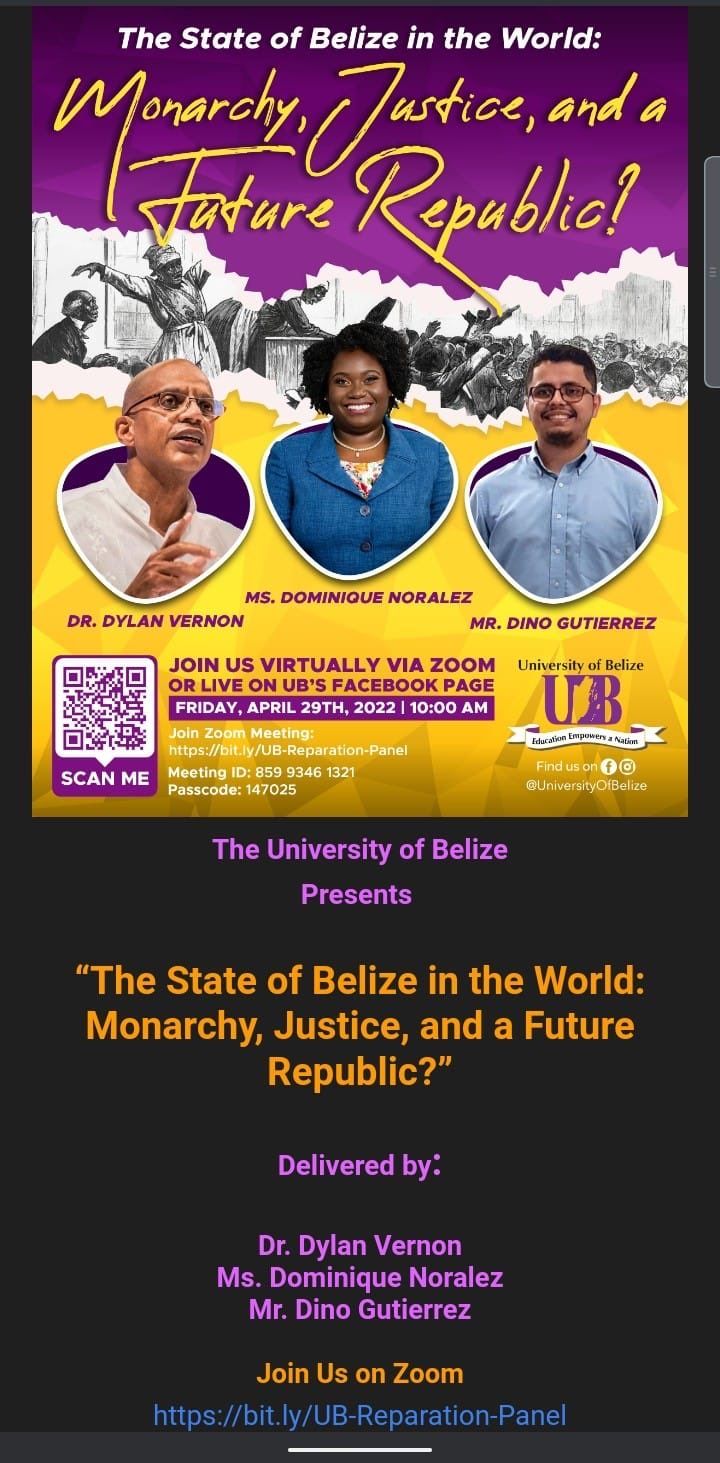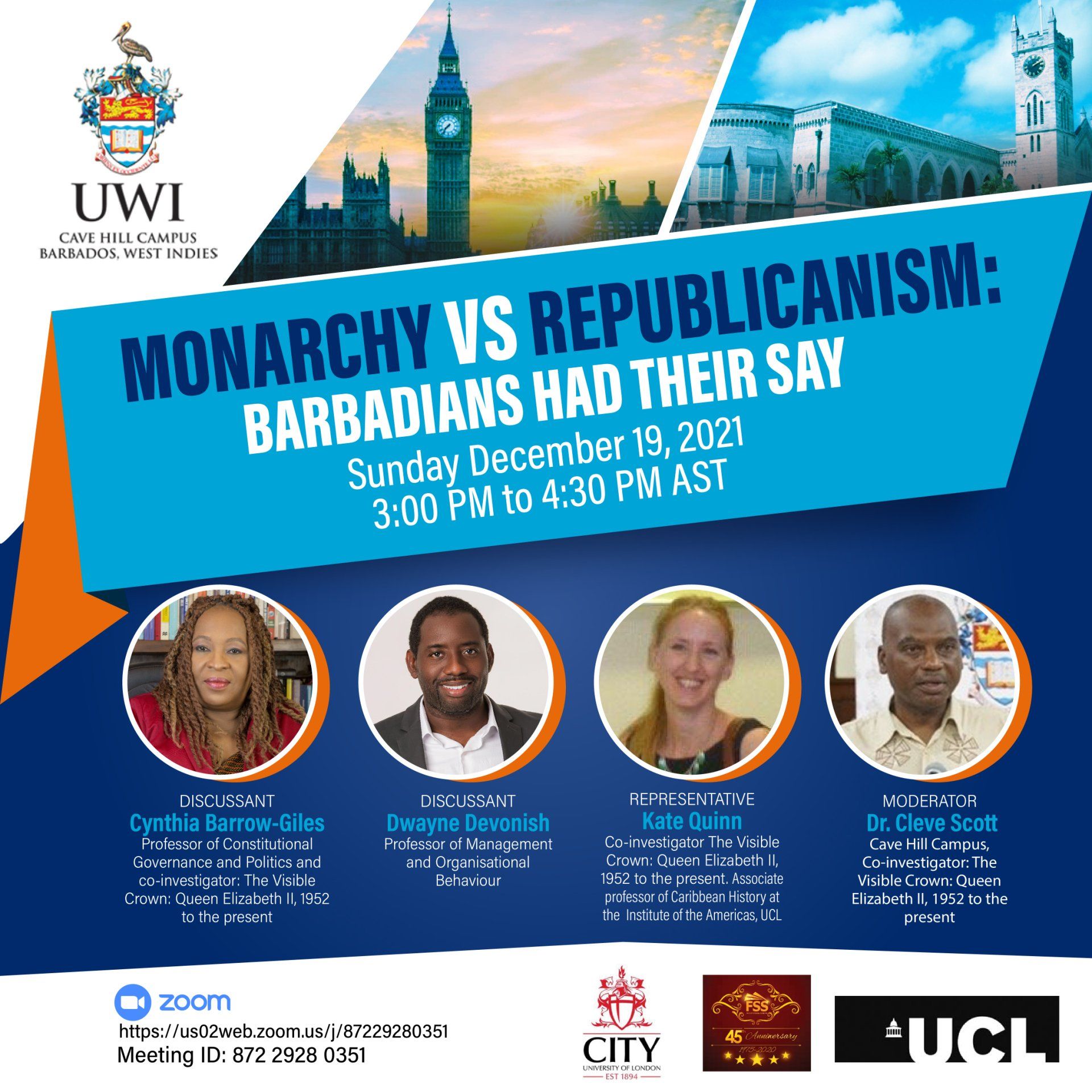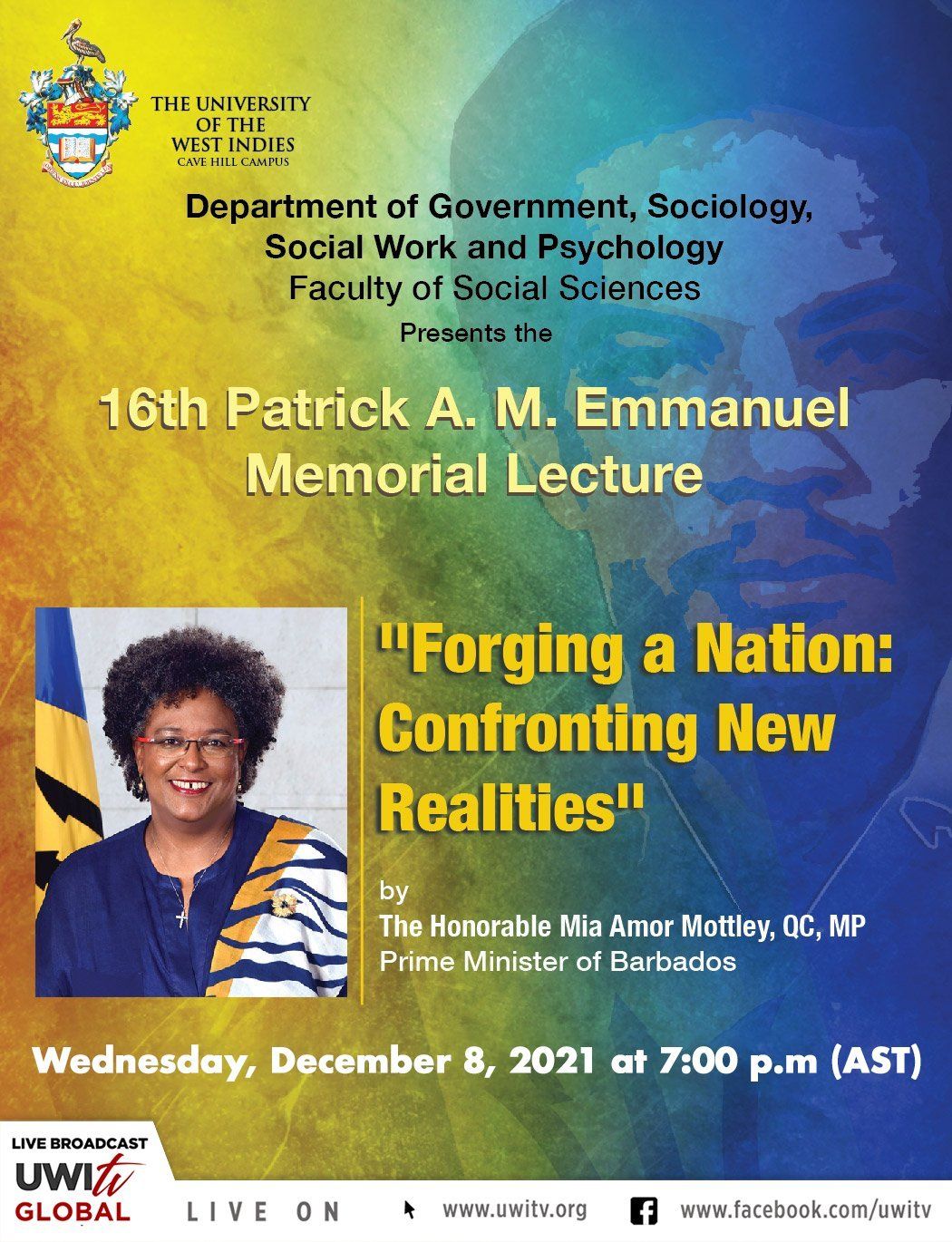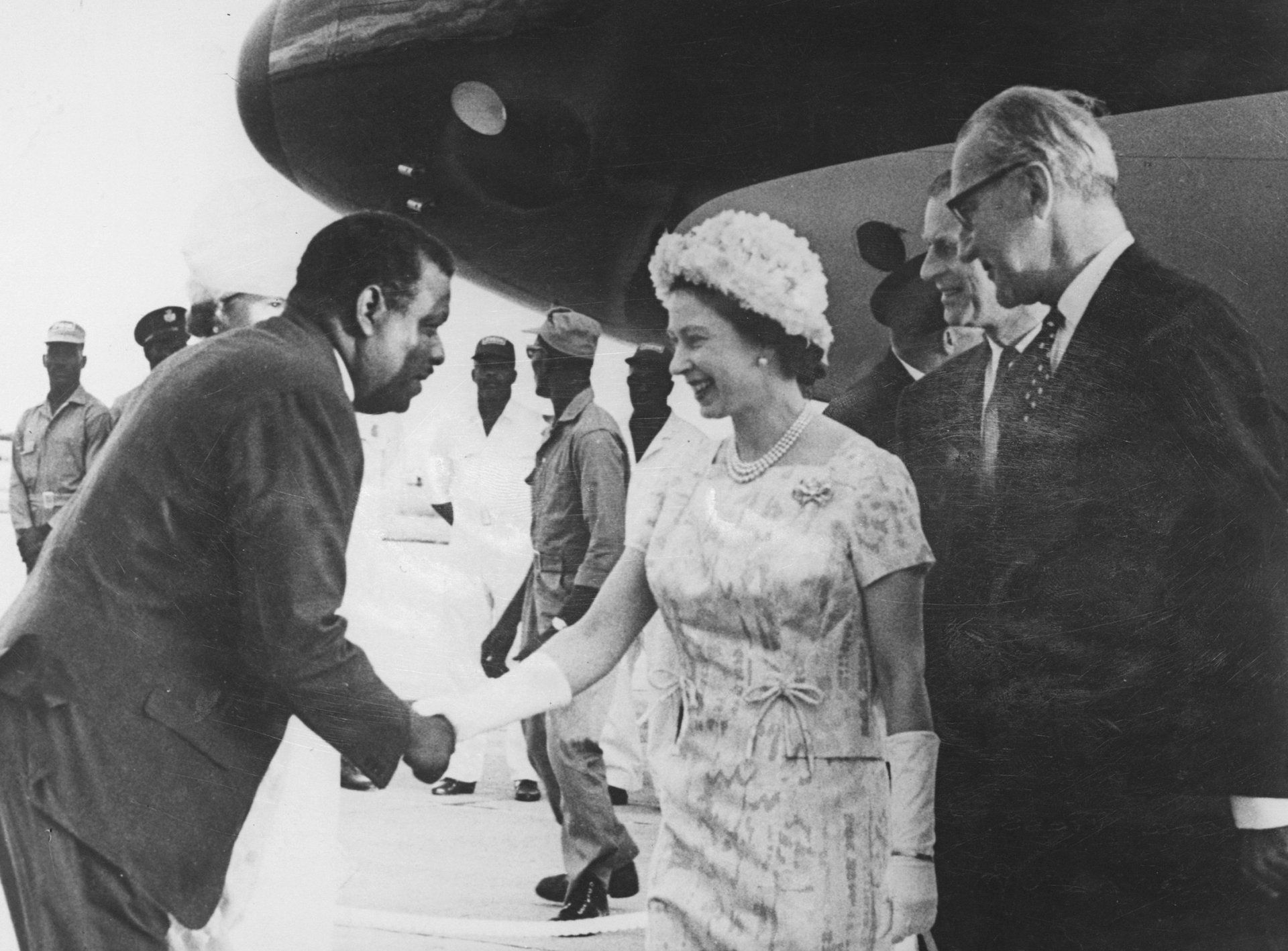The British Monarchy and the Cayman Islands
5 December 2023
Queen Elizabeth II visits Cayman, February 1983. Photo credit: Cayman Islands Government
The Queen in the Cayman Islands
After the death of Queen Elizabeth II, historians have been reflecting on her legacy in countries across the Commonwealth. In British Overseas Territories like the Cayman Islands, where she remained Queen for the entirety of her reign, her death was more visibly commemorated than in many independent, formerly colonised nations where her legacy appeared more complicated and controversial.
In the Cayman Islands, the government established a special section of their website dedicated to the Queen. The website brings together events, memorials, photographs, videos and memories of her visits. In his official message, the Premier, Wayne Panton, emphasised that 'our loyalty to the British Crown was strongest and most heartfelt under her reign'.
Here's footage of the Queen's 1994 visit to the Cayman Islands:
In an article for Small States & Territories, Grace Carrington explores the symbolic role of the monarchy in local politics in the Cayman Islands. She examines the ways the Queen was used to bolster a sense of loyalty to Britain, to maintain the colonial status quo and to legitimise the power of local elites. The article highlights how, in Cayman, the British monarchy functioned to symbolically reinforce the colonial order rooted in White supremacy during the mid-twentieth century. This helped to maintain the political dominance of powerful merchant families and to stifle attempts at alternative leadership. Thus, the Queen was a symbol of continuity in the Cayman Islands, in more ways than one, facilitating ongoing colonial and racial inequalities.
Read the full article on 'The Queen in the Cayman Islands' here.
The Cayman Islands and the new King
In light of the Queen's death, it will be interesting to see how Cayman's relationship with the monarchy develops during the reign of King Charles. Charles has visited the islands several times, first touring Cayman in 1973. Most recently, he spent two days in the islands in March 2019, visiting Cayman Brac and Little Cayman, as well as Grand Cayman.
In keeping with the Cayman government's approach under Queen Elizabeth, it appears that similar emphasis has been placed on royal occasions and official celebrations for the King. Several major events and public holidays have been held in Cayman to mark the early moments of King Charles' reign. On 11 September 2022, following the first public proclamation at St James's Palace in London, Caymanians were invited to swear allegiance to the new monarch at a ceremony in Grand Cayman. Eight months later, on 6 May 2023, Caymanians celebrated the King's coronation.
For King Charles’ first official birthday on 19 June 2023, the Cayman Islands held two major events. Firstly, youth organisations and uniformed groups paraded at Government House in a ceremony described by the government as ‘filled with the customary pomp and circumstance’. The Governor, Jane Owen, as the King's representative in Cayman, received the 'First Royal Salute' and also presented honours to nine Caymanians. Later that afternoon, the Governor hosted a Garden Party at the Governor's Residence, which was open to the public. Unlike the UK, 19th June 2023 was celebrated as a public holiday in the Cayman Islands.
As with Queen Elizabeth II, Cayman's relationship with the new King will form a crucial element in its ongoing ties to the UK.
About the author

Dr Grace Carrington
Research Fellow at both the UCL Institute of the Americas and the Department of International Politics at City, University of London. Grace’s research interests centre on Caribbean politics in the era of twentieth century decolonisation. She has published on grassroots politics and independence movements in the non-sovereign Caribbean, including Guadeloupe and the British Virgin Islands.
